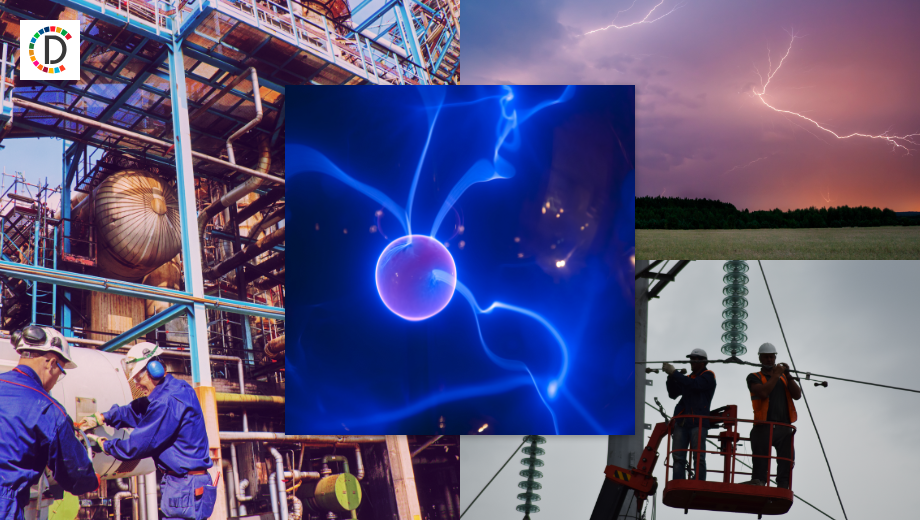German gas industry targets 5 GW of power-to-gas capacity in five years

- Country:
- Germany
Germany's gas industry aims to build the power-to-gas capacity of five gigawatts (GW) over the next five years, and 40 GW by 2050, as it seeks to develop zero-carbon fuels for homes, factories, and vehicles, industry group DVGW said on Tuesday. The target comes as policymakers aim to unveil a hydrogen strategy by year-end to help decarbonize Germany's fossil fuel-based gas system towards the use of hydrogen derived from water and biogas from crops and waste.
Currently, Germany is home to around 40 small power-to-gas pilot projects. These harness surplus green power, mainly from wind, to carry out electrolysis, splitting water into oxygen and hydrogen to produce zero-carbon fuel. The biggest projects so far measure just 6 MW, equivalent to around 60 car engines. The 5 GW size planned over the next five years would be equivalent to five nuclear power stations.
The government must push renewables and other technologies to help cut carbon emissions by 55% of their 1990 level by 2030, having achieved less than 20%. "Readying future energies such as green gas and hydrogen for usage in mobility, industry, and heating is the most effective contribution to reach climate targets," said Thomas Huewener, DVGW deputy president and board member at Open Grid Europe (OGE), Germany's biggest gas pipeline operator.
Speaking at DVGW's annual industry fair, he said the change would come from an ongoing expansion of renewable power, more energy efficiency and finding new greenways to use gas pipelines and storage facilities. DVGW's managing director Gerald Linke said 1 GW of power-to-gas capacity required 1 billion euros ($1.10 billion) of investment, for which there was keen national and international interest.
Pipeline operators said they expect the gas pipeline network can operate with hydrogen making up 10% of its fuel without major modification, and 20% with some modifications, up from less than 2% now. This way, industrial processes, home heating, and heavy goods transport could be "greened" much more quickly and more cheaply than through electrifying heat pumps or battery-powered vehicles, the gas industry argues.
The Berlin Economy Ministry has proposed creating German and European and international certification for hydrogen technologies, exploring ways to market them and seeking partner countries for imports. Meanwhile, natural gas is expected to keep playing a transitioning role with demand increasing up to 2030 as Germany pulls out of coal and nuclear energy. Burning natural gas emits half as much CO2 as burning coal. ($1 = 0.9073 euros)
(This story has not been edited by Devdiscourse staff and is auto-generated from a syndicated feed.)










